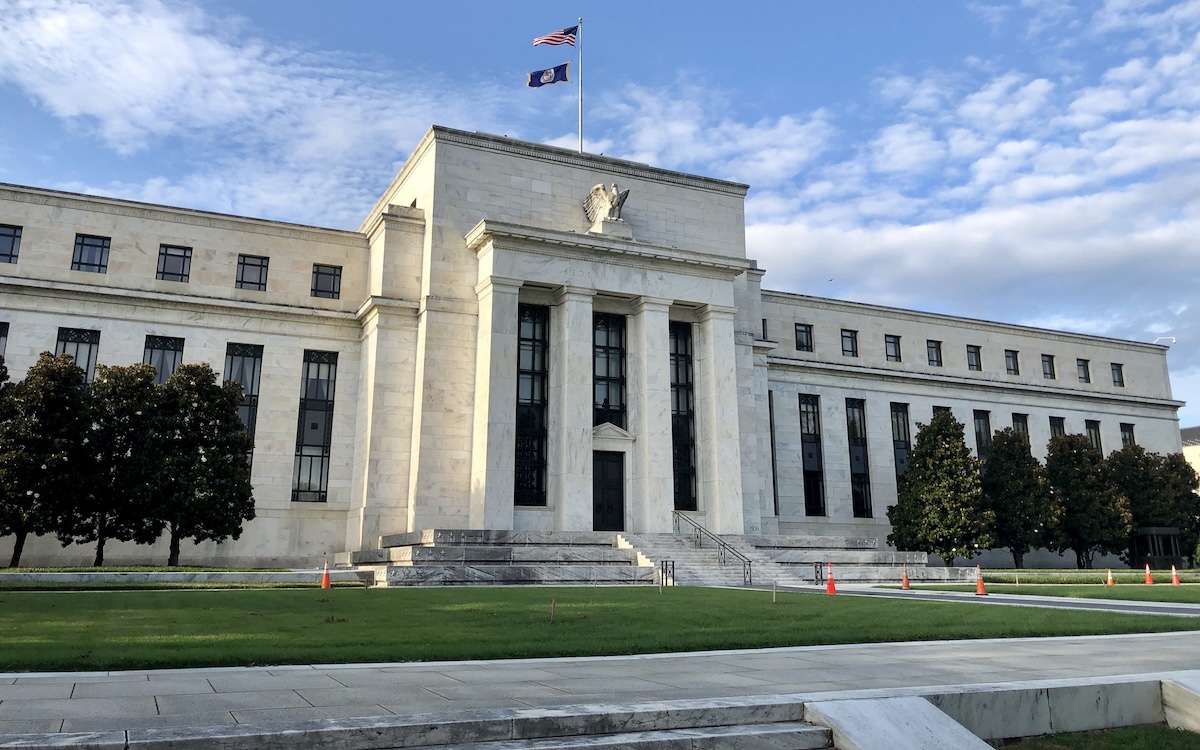Unlock Insights
Your one stop shop for the news of the day, personal finance, and home ownership tips.
Featured
What’s Ahead for the Housing Market?
Key takeaways “It’s hard to make predictions, especially about the future,” Yogi Berra once said. In fact, it may feel impossible to make big financial decisions when so many factors are constantly in flux, from interest rates to inflation. With that in mind, we’ve rounded up several housing market forecasts to help you plan the […]
Read More

Filter by topic
What’s Ahead for Housing in 2025?
Experts are predicting that mortgage rates will remain steady and home prices will rise more slowly in 2025, which could provide opportunities for both home buyers and sellers.
Will Mortgage Rates Drop Before the End of the Year?
Mortgage rates are expected to fall in the coming months. We look at what the experts are forecasting and what it could mean for you.
What Will Mortgage Rates Do This Year?
Key takeaways: Get ready for lower mortgage rates? While the one eternal reality of mortgage rates is just how hard it is to forecast them, it’s probably still worth checking in on what those who make their living forecasting the housing market think. And yes, the general consensus is that the days of “higher for […]
How Lower Interest Rates Might Help Homeowners
Key takeaways: The high-interest rate era may be drawing to a close, and that could open more options for homeowners. As you probably know, the Federal Reserve began raising rates in 2022, hoping to put a lid on inflation, which was running at its hottest rate in more than two decades. The Fed has been […]
Economy Looks Set to Slow in 2024, but Housing Market May Be More Resilient
Key takeaways: What should we expect from the economy in 2024? To tell the truth, no one knows. Most experts believe that the economy will slow down. That would make a lot of sense, since it was on fire in 2023. But economists have been expecting a slowdown in growth for some time. Remember the […]
Fed Leaves Interest Rates Unchanged, Signals Cuts Coming in 2024
Key takeaways The Federal Reserve delivered a holiday present at its final meeting of 2023, declining to make any moves on interest rates now, but signaling that it expects to cut them as many as three times in 2024. The central bank raises rates when the economy is overheated, and prices are rising quickly. By […]
Interest Rates Are Staying Where They Are For Now. That’s Good News and Bad News.
Key Takeaways: The Federal Reserve concluded its November meeting with yet another wait-and-see stance on interest rates. The good news: rates aren’t going up. The bad news: they’re already pretty darn high. This was the second meeting in a row in which the central bank decided to stay on hold, after over a year of […]
The Federal Reserve Just Declined to Raise Rates Again. Here’s Why No One is Happy About it.
Key takeaways: The Federal Reserve concluded its September meeting Wednesday by holding interest rates steady, while suggesting that it would likely hike them again one more time in 2023. Most analysts had expected that outcome, but the central bank threw many for a loop with its comments about what the future might hold. On Wednesday, […]
Interest Rates Just Hit the Highest in 22 Years. Now What?
Key takeaways: The Federal Reserve hiked interest rates again at its late-July meeting, after pausing in June. With ratesnow at their highest in more than two decades, the Fed says anything goes when they meet in thefuture. Besides the obvious – it’s more expensive to borrow money – what does this all mean forconsumers? Your […]
Time to Sell Your Home? 9 Ways to Get Top Dollar
Key takeaways: Whether the housing market is going up or down, a homeowner wants to maximize their home’s value for sale. If you are thinking about selling, these nine tips should help you position your home to get the best price possible. 1. Boost curb appeal. First impressions count! Mow the lawn, pull weeds, rake […]
The Federal Reserve Just Took a Break. Is This the End of Interest Rate Hikes, or the Start of Another Surge?
Key takeaways The Federal Reserve ended its June meeting by declining to raise interest rates, but strongly suggesting that it intends to resume rate hikes, with the possibility of two coming later this year. In fact, most members of the central bank now think rates will have to go even higher than they had anticipated. […]
The Fed Raised Rates Again, but Cuts Could Be Coming Soon
Key takeaways: The Federal Reserve (Fed) raised interest rates again at its May meeting, but signaled it was done with rate hikes for a while, even as investors increasingly expect the central bank to reverse course and start cutting later this year. When the Fed first started raising rates in 2022, inflation and the economy were overheated. […]











